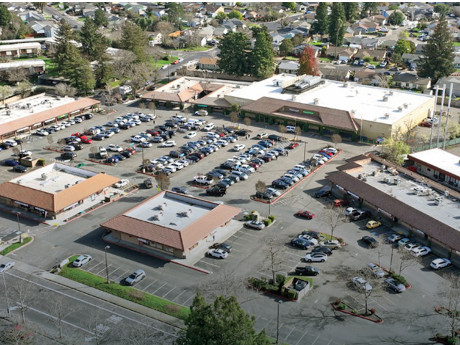F
or many, 2025 began with optimism about the commercial real estate market and economy. However, things took a turn as President Trump's trade war with U.S. trading partners created chaos in financial markets and industries. The process of imposing tariffs and repealing them led to uncertainty, with interest rates rising and forcing the commercial real estate market to slow down.
The housing sector also slowed dramatically, and legislation burdened the country with additional debt. With rates on the rise, servicing this debt would cost taxpayers dearly. This was not the outcome most expected for the new year, as mortgage originators had been focused on "surviving until '25." However, survival became increasingly precarious.
Different outcomes for the real estate sector and economy seem plausible in 2025 and beyond. One potential scenario is positive if inflation decreases or remains tame, and Trump secures multiple tariff deals. This could lead to further rate cuts, economic growth due to deregulation, and a strong second half of 2025 with healthy growth into 2026.
On the other hand, if trade deals are not finalized and greater tariffs are imposed, it's hard to see interest rates being lowered. The resulting tariffs could be inflationary, keeping interest rates higher for longer. This scenario wouldn't bode well for the commercial real estate market or overall economy.
The U.S. has a trade deal with the UK, but negotiations with Canada, the European Union, and Japan have stalled. Talks with China, the world's second-largest economy, are ongoing, with tariffs on Chinese goods reaching 145% and Chinese tariffs on U.S. goods at 125%. These rates would virtually stop trade between the two countries.
The Trump administration may be unlawfully using the International Emergency Economic Powers Act to justify imposing tariffs. This act requires a national emergency or foreign threat, but it's unclear who decides whether such a crisis is occurring. The administration has declared a national emergency due to the southern border being "overrun" by cartels and smugglers, but numbers have plummeted in recent months.
Another reason for tariffs is to bring back manufacturing jobs, but this seems unlikely. Bringing back low-paying jobs would be difficult to staff, while bringing back other manufacturing could increase prices and hurt consumers. The administration's ability to cut spending through waste or reducing non-discretionary spending is also uncertain.
Industry observers are taking a wait-and-see approach, possibly playing a long game that's not visible. However, this can prove to be a "Russian Roulette" approach to running an economy that may not regain its footing if the positive outcome doesn't come to fruition.
The discussion about privatizing Fannie Mae and Freddie Mac could have a negative impact on both residential and commercial markets. Privatization could remove the government guaranty, leading to increased pricing for Fannie and Freddie, costs, and problems in the housing market.












